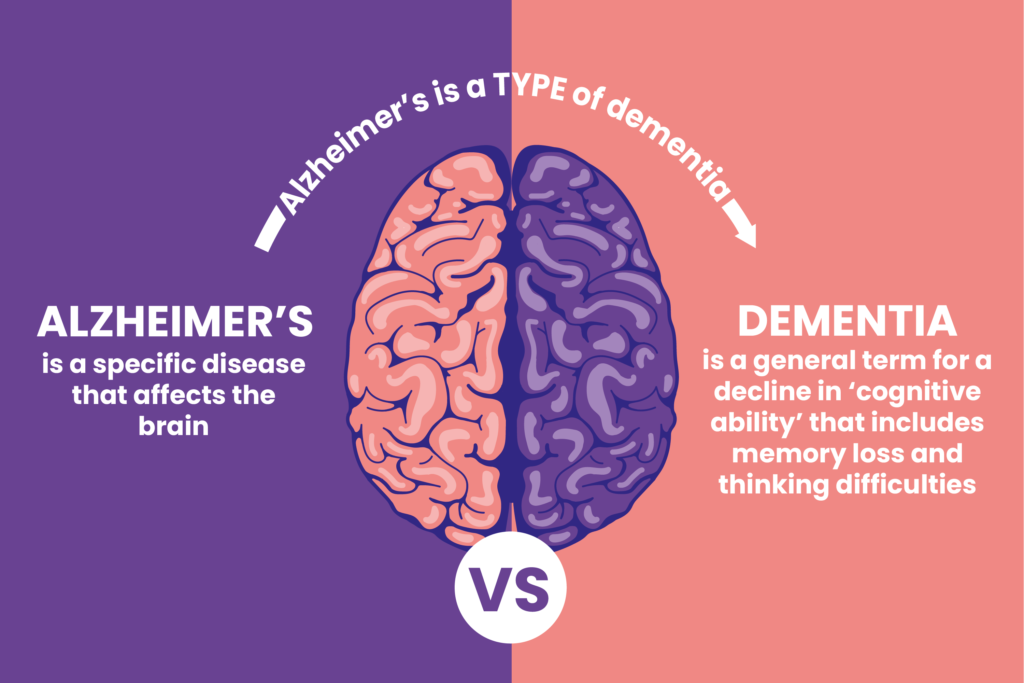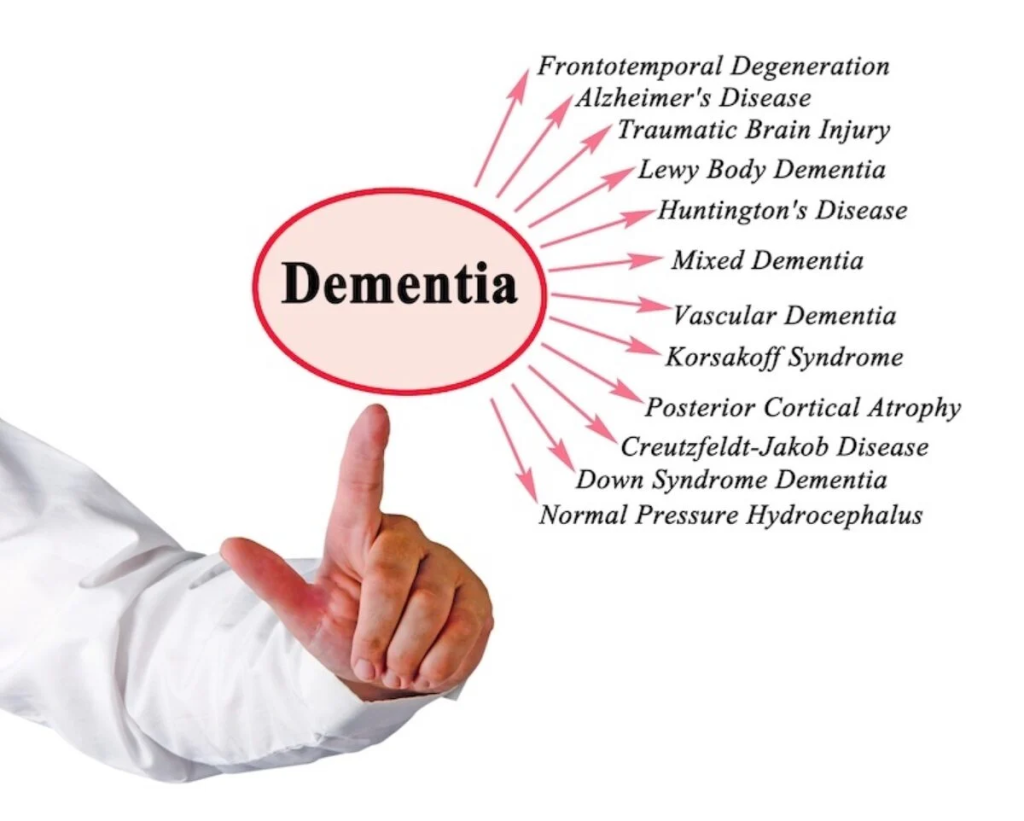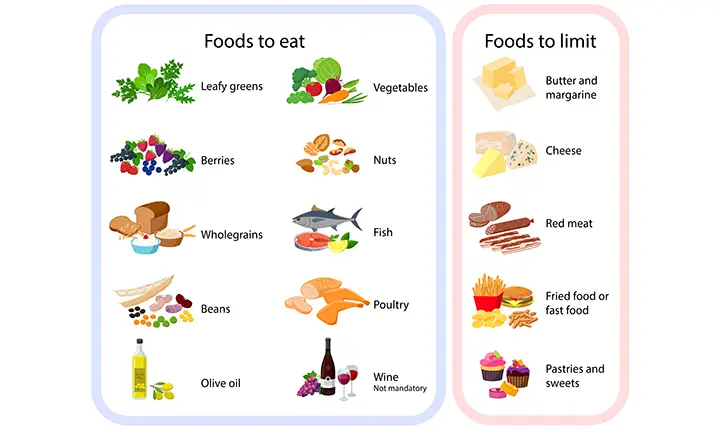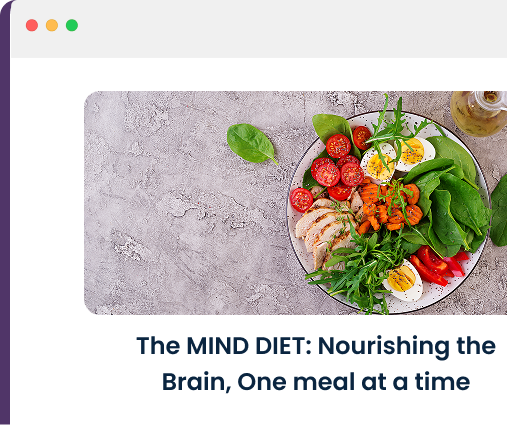By Deepali Verma (SME – Nutrition FriskaAi)

If you’ve ever sat with a loved one who’s struggling to remember names, places, or moments you shared, you know how heartbreaking cognitive decline can be. As a nutritionist, I’ve spent my career looking for the ways food can protect—not just nourish—our bodies and minds. Over the past few years, one eating pattern has stood out as a game-changer for brain health: the MIND diet.
The name says it all—it’s designed with your brain in mind. And the latest research tells us it can do more than just keep you healthy today—it can meaningfully lower your risk of dementia, even if you don’t start until later in life.
Findings
A large-scale analysis by researchers at Harvard T.H. Chan School of Public Health evaluated data pooled from multiple prospective cohorts—collectively involving over 242,000 middle-aged and older adults. The top third of participants with the highest adherence to the MIND diet exhibited significantly lower overall dementia risk, a trend consistent across various demographics.
Findings—presented at the American Society for Nutrition—revealed an average 9% lower dementia risk, with stronger effects (about 13% reduction) among African American, Latino, and White participants, and up to 25% lower risk among those who improved adherence over a decade.
Yonsei University, South Korea
One of the most striking international studies was conducted by researchers at Yonsei University, who followed over 131,000 adults aged 40–69 for more than 13 years. Their work, published in the Journal of Nutrition, Health and Aging, linked higher MIND diet adherence to up to a 28% reduction in dementia risk.
Understanding Dementia and Alzheimer’s

Dementia is not a single disease—it’s a general term for a decline in memory, thinking, and reasoning skills severe enough to interfere with daily life.
Key symptoms:
- Memory loss
- Difficulty communicating or finding words
- Poor judgment and problem-solving
- Confusion with time/place
- Changes in mood or personality

Causes: Many conditions can cause dementia—Alzheimer’s is the most common cause, but there are others like vascular dementia, Lewy body dementia, and frontotemporal dementia.
How MIND Diet Helps Dementia & Alzheimer’s
- Improves blood flow to the brain → nutrients like omega-3s, polyphenols, flavonoids, and antioxidants help maintain brain cell health.
- Reduces inflammation → chronic inflammation contributes to brain cell damage.
- Lowers oxidative stress → antioxidants from vegetables and berries protect neurons.
- Supports neuroplasticity → certain foods help the brain form new connections even with age.
- Slows protein build-up → plant-based and anti-inflammatory foods may reduce amyloid plaque formation.
Evidence: A landmark study by Martha Clare Morris et al. (Rush University, 2015) found that people who strictly followed the MIND diet had a 53% lower risk of Alzheimer’s, and even moderate adherence reduced risk by 35%.
What Makes the MIND Diet Different?
The MIND diet—short for Mediterranean-DASH Intervention for Neurodegenerative Delay—takes two of the healthiest diets we know (the Mediterranean diet and the DASH diet for blood pressure) and fine-tunes them for your brain.
Instead of just saying “eat healthy,” the MIND diet zeroes in on the foods that have been shown to support memory, learning, and overall cognitive function.
That means:

- Every day: Leafy greens (spinach, kale, collards), other colorful vegetables, and whole grains.
- Several times a week: Berries (especially blueberries and strawberries), nuts, seeds, legumes.
- Twice a week: Fish and poultry.
- Always on hand: Olive oil as your go-to fat.

- In small amounts only (once a month): Red and processed meats, butter/margarine, cheese, sweets, and fried/fast food.
It’s not about perfection. It’s about leaning heavily into brain-friendly foods and gently crowding out the ones that may speed up decline.

The Numbers That Got My Attention
Recent large-scale studies—some tracking people for a decade or more—show something remarkable: people who stick closely to the MIND diet have a significantly lower risk of developing dementia.
- 9% lower risk overall compared to people who eat very differently.
- Up to 25% lower risk for those who follow it consistently over many years.
- Benefits across multiple ethnic groups, with especially strong results in African American, Latino, and White populations.
Even more encouraging: starting later in life still makes a difference. Your brain can benefit at 40, 60, or even 70.
How Food Shapes Brain Health
- Inflammation Control – Chronic inflammation is like a slow burn in the brain, damaging neurons over time. The MIND diet’s antioxidants and polyphenols help put out that fire.
- Better Blood Flow – Nutrients from greens, berries, and olive oil keep your arteries flexible, delivering oxygen and nutrients to the brain more efficiently.
- Neuroprotection at the Genetic Level – Research suggests the MIND diet influences the expression of certain genes in brain tissue—switching on protective pathways and switching off damaging ones.
- Cell Membrane Health – Omega-3 fats from fish and nuts strengthen the membranes around brain cells, improving how they communicate.
The Reality Check: Not Magic, but Powerful
No single diet is a magic bullet. Lifestyle is a package deal—sleep, physical activity, social engagement, and stress management all play critical roles. And yes, most of the MIND diet research is observational, meaning it can’t prove 100% cause and effect.
But here’s what matters: the patterns we see are consistent, they’re biologically plausible, and the foods involved are good for your heart, your gut, and your overall health—so there’s no downside to trying.
Why I Recommend It to My Clients
I’ve worked with hundreds of clients who wanted to protect their memory while also managing weight, blood sugar, or heart health. The MIND diet works beautifully because:
- It’s food-based, not nutrient math—you don’t have to track grams or milligrams.
- It’s flexible—you can adapt it to your cultural and personal preferences.
- It’s realistic—you don’t need expensive superfoods, just everyday produce, pantry staples, and healthy fats.
- It delivers quick wins—people often notice better energy, lighter moods, and more stable appetite within weeks.
How to Start Without Overwhelm
Start with one or two changes:
- Add a serving of leafy greens to lunch or dinner daily.
- Swap butter for olive oil when cooking.
- Keep berries in the freezer for quick smoothies or snacks.
- Have fish twice a week instead of red meat.
Once those are second nature, layer in more MIND-friendly habits.
Stories from the Field
I’ll never forget a client in her late 60s who came to me after her mother was diagnosed with Alzheimer’s. She was terrified she’d face the same fate. We built her weekly plan around the MIND principles—greens at breakfast smoothies, roasted salmon on Sundays, nuts in her desk drawer at work.
Two years later, not only had she lost weight and improved her cholesterol, but her cognitive testing scores had actually improved compared to when we started.
Closing Thoughts
The MIND diet isn’t about restriction—it’s about giving your brain the raw materials it needs to thrive. If you’ve ever worried about dementia, or if you simply want to stay sharp and vibrant for as long as possible, this eating style is one of the most evidence-backed tools we have.
Start today with small steps. Your brain will thank you—not just years from now, but in how you feel every single day.
Deepali Verma
SME – Nutrition, Friska AI
Registered Dietitian
References:
- https://www.hawaii.edu/news/2025/06/24/mind-diet-study/
- https://www.nbcnewyork.com/news/health/mind-diet-reduce-alzheimers-risk-study-shows/6286393/?_osource
- http://disq.us/t/4umlcxp
- https://www.indiatoday.in/health/story/mind-diet-reduces-dementia-and-alzheimers-disease-risk-study-2755582-2025-07-14





